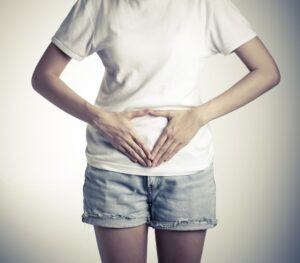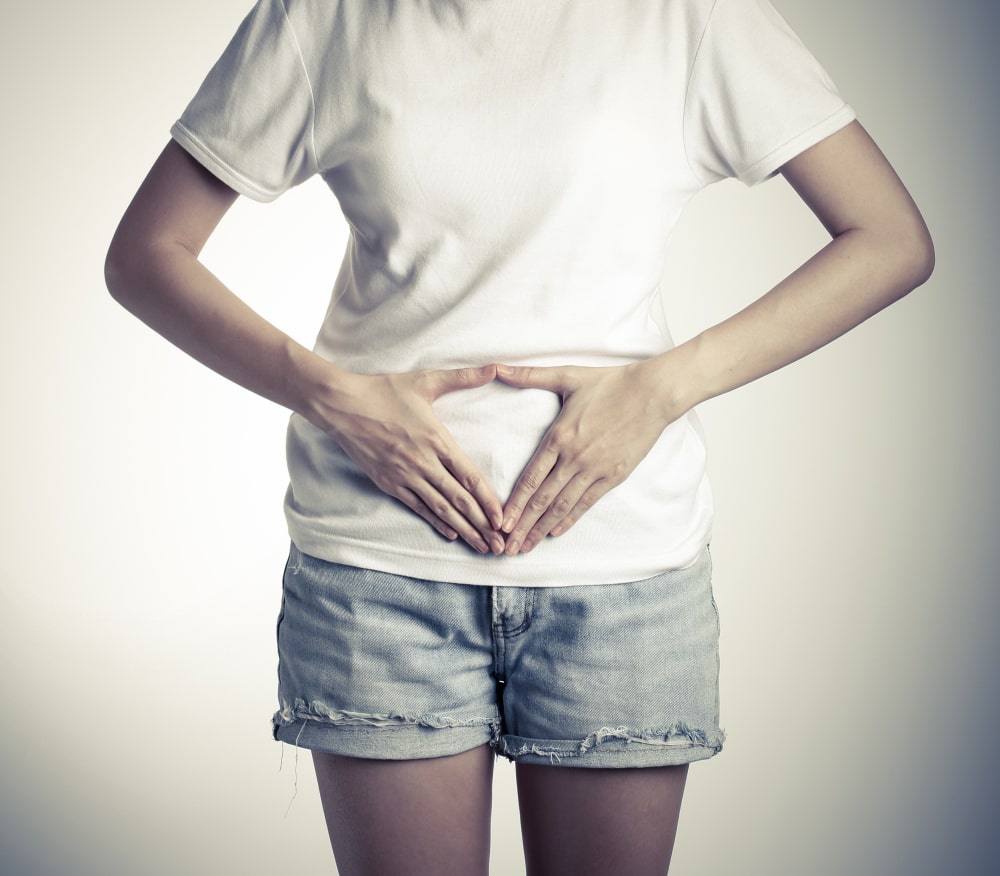
Anal fissures are a painful condition that affects many people around the world. This condition occurs when a tear or cut develops in the lining of the anus. The symptoms of anal fissures include severe pain during bowel movements, bleeding, itching, and discomfort.
Managing anal fissures can be challenging, but as explained by the health experts at Chirag Global Hospitals, there are some dos and don’ts that can help reduce pain and promote healing.
DOs:
1. Stay Hydrated
Drinking plenty of fluids helps to keep the stool soft, which reduces the risk of further injury to the anus. It is always recommended to drink at least 6-8 glasses of water a day.
2. High-Fiber Diet
Eating foods high in fiber, such as fruits, vegetables, whole grains, and legumes, can help soften the stool and reduce constipation. This can help reduce the strain during bowel movements, which can help heal the anal fissure.
3. Sitz Baths
Taking sitz baths is a great way to help reduce pain and promote healing. A sitz bath involves soaking the anal area in warm water for 10-15 minutes several times a day.
4. Keep the Anal Area Clean
Keeping the anal area clean and dry is essential to prevent infection and promote healing. After bowel movements, it is important to gently clean the area with unscented, mild soap and warm water. You must avoid using soaps that have chemicals or perfumed products.
5. Use Lubrication
Using a water-based lubricant during bowel movements can help reduce friction and make bowel movements less painful. This can also help prevent further injury to the anal area.
6. OTC Medications
Over-the-counter (OTC) pain relievers, such as acetaminophen or ibuprofen, can help reduce pain and inflammation associated with anal fissures.
7. Seek Medical Attention
If the pain is severe or the anal fissure is not healing, it is important to seek medical attention. A healthcare provider can recommend treatments, such as prescription medication or surgery, to help heal the fissure.
DON’Ts:
1. Avoid Straining
Straining during bowel movements can cause further injury to the anal area and delay healing. To avoid straining, it is important to eat a high-fiber diet and stay hydrated.
2. Avoid Spicy and Acidic Foods
Spicy and acidic foods can cause severe pain and irritate the anal area which can cause discomfort. It is best to avoid these foods while healing from an anal fissure.
3. Avoid Using Harsh Products
Using harsh soaps, perfumed products, or products that contain alcohol can irritate the anal area and delay healing. It is best to use unscented, mild soap and water to clean the area.
4. Don’t Delay Bowel Movements
Delaying bowel movements can cause constipation and make the stool harder, which can cause further injury to the anus. It is important to have regular bowel movements to promote healing.
5. Don’t Use Tissue Paper
Using tissue paper to clean the anal area can cause irritation and delay healing. It is best to use a gentle, unscented baby wipe or rinse with warm water.
6. Avoid Sitting for Long Periods
Sitting for long periods can put pressure on the anal area and cause discomfort. It is important to take frequent breaks and avoid sitting for long periods while healing from an anal fissure.
Managing anal fissures can be challenging, but with proper care, healing can be achieved. By following the above dos and dont’s, individuals with anal fissures can reduce pain, promote healing, and prevent further injury to the anal area.
Chirag Global Hospitals is a renowned hospital that offers state-of-the-art treatments for a range of medical conditions, including anal fissures. Our team of experienced professionals uses the latest techniques and technologies to diagnose and treat anal fissures effectively.

